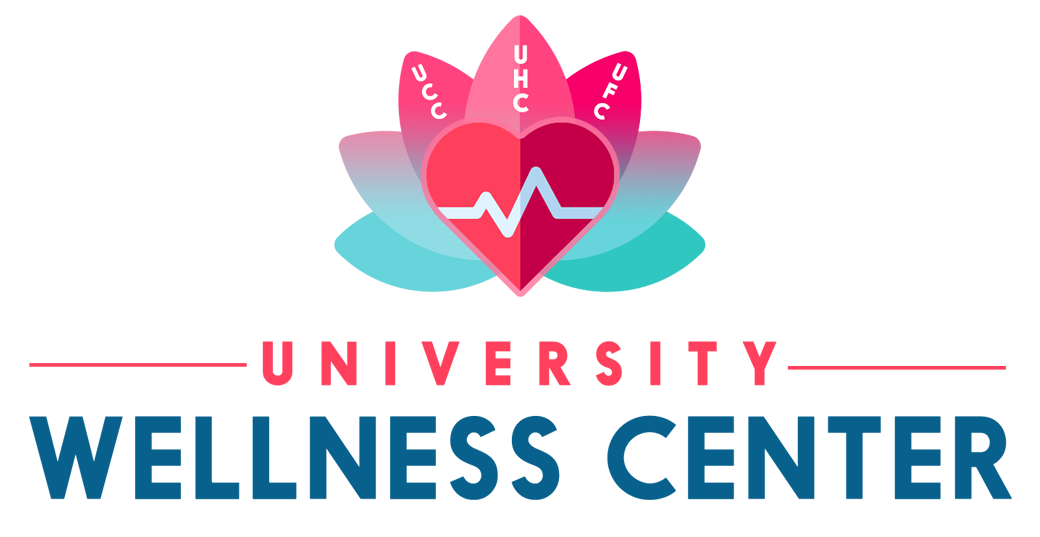THE STRESS OF DEALING WITH SOCIAL CRIMES
According to many reports, our beautiful island nation has seen an uptick in criminal activity this year. There are stories of increased criminal activity by young people, along with break-ins, robberies, assaults, missing persons, and even murders. Some of these acts can be considered social crimes. According to the Oxford Reference, “a crime can be defined as social when it represents a conscious challenge to a prevailing social order and its values.” When there is an increase in crimes, there is often an increase in stress, as the need to safeguard against potential threats can disrupt daily routines of the general public.
Although there have been efforts to combat crime through symposiums, increased police measures, curfews, and legislation; it does not negate the fact that there is a social impact on the general public. In fact, one study reported that, “Fear of crime may be a barrier to participation in health-promoting physical and social activities.” When considering the victims of crimes, they may experience anger, sleep problems, isolation, depression, self-blame, anxiety, to name just a few.
“Fear of Crime” is a real phenomenon. This fear can be evident whether you are a victim of crime or a bystander, receiving constant information about crimes too close for comfort. In another study, it was stated that, “fear influences the way people behave with regard to public spaces. In particular, women and the elderly are more likely to use avoidance strategies that keep them away from problematic areas and situations. They tend to restrict their own activities because of the fear of crime. This behavior has effects on neighborhoods and may even lead to economic decay.”
With all the potential stress, anxiety, or even trauma surrounding social crimes, it is important to mitigate some of the fear and consider some constructive coping strategies to manage your daily routine and reduce your focus on the negative aspects of society. Some strategies that may be helpful to align your thoughts, emotions, and behaviors include:
1. Focusing on what you know to be true by identifying specific problems or issues in your daily life.
2. Being objective with your thinking and focusing on the present moment.
3. Identifying negative thinking and unproductive thought patterns and reframing your thinking into a more positive mindset.
4. Journaling as a way to get in touch with your own thoughts and emotions.
5. Practicing relaxation exercises, such as meditation, deep breathing, or yoga.
6. Acknowledging the need for help and then asking for or seeking help.
These types of coping strategies will help to ground your thoughts and lessen anxiety related to thoughts of social crimes.
